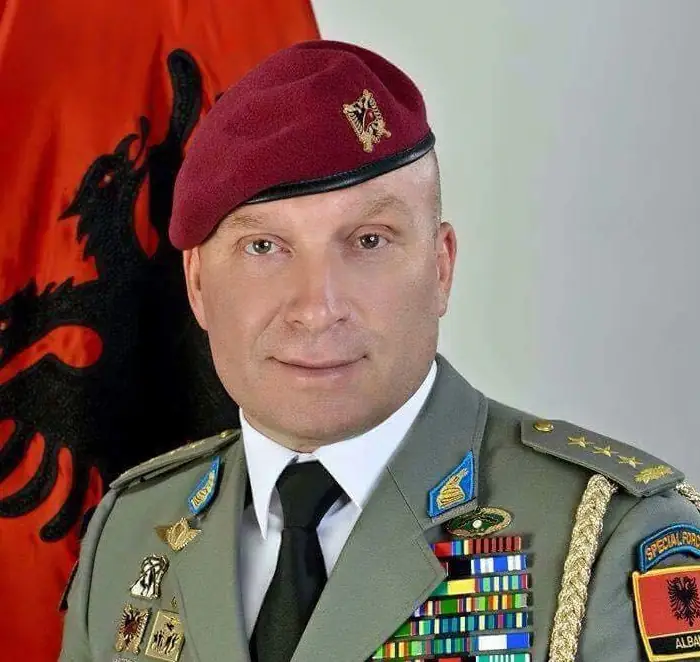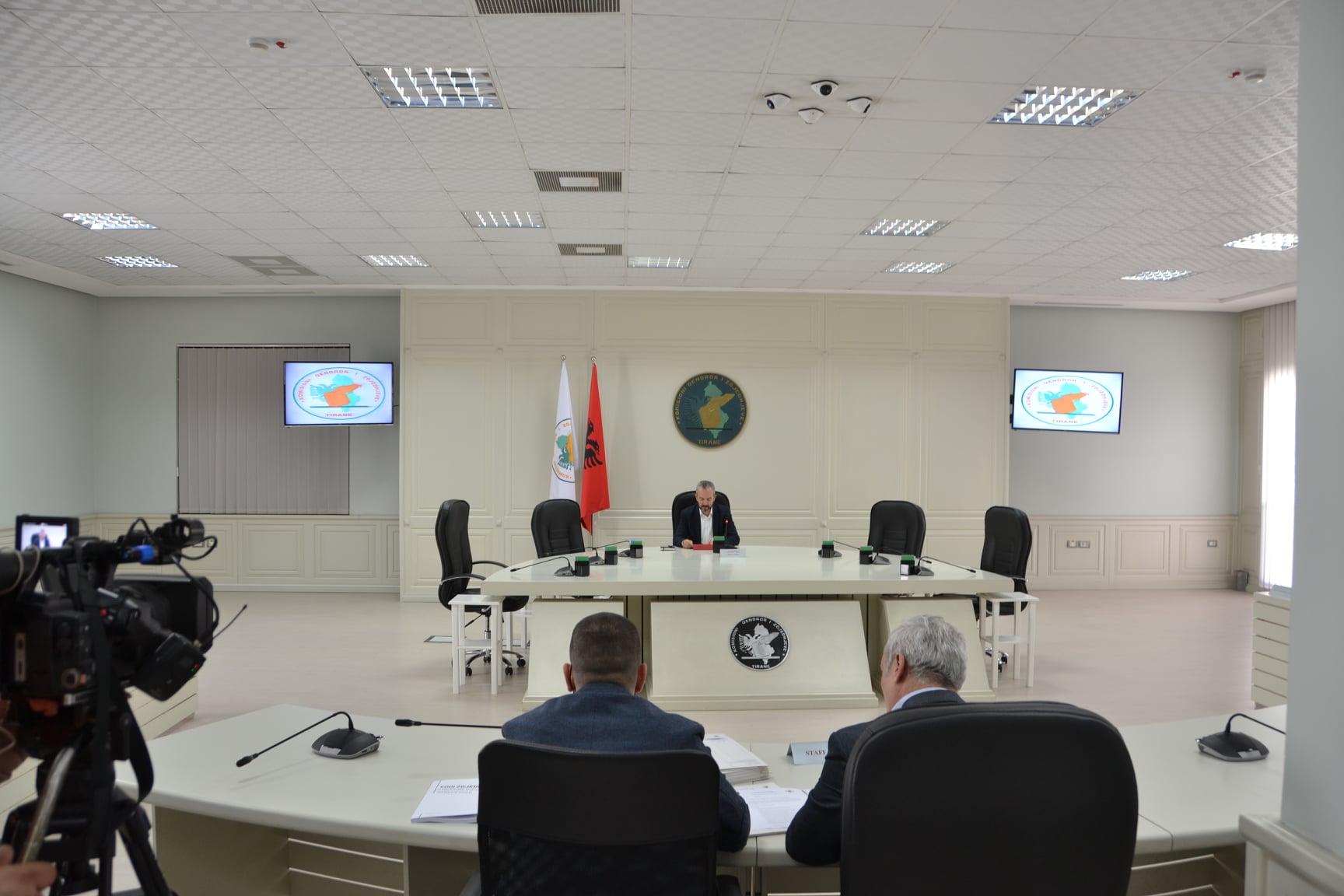By Jona Plumbi
In a new initiative to position itself as a small but ambitious player in the global defense sector, Albania has embarked on a gradual yet determined process to revive its military industry. The aim is clear: to produce weapons and equipment branded “Made in Albania,” suitable for use by the Albanian armed forces and potentially for export to international markets by 2030.
For years, the military factories in Mjekës, Gramsh, and Poliçan, once key suppliers of arms to the communist regime, were left to deteriorate under overgrown vegetation, relics of a closed economy. In April 2024, Prime Minister Edi Rama publicly announced his ambition to restart domestic military production and make Albania a potential arms exporter within the decade.
“Our ambition is that by 2030 we will have military exports under the ‘Made in Albania’ label, and at the same time, our army will begin to be equipped with military equipment of the ‘Made in Albania’ brand.” – EDI RAMA, PRIME MINISTER OF ALBANIA, 03.04.2024
Following this political commitment, several concrete steps were taken. The government approved legislation to establish a state-owned company tasked exclusively with producing and trading weapons, ammunition, and military equipment. KAYO sh.a., founded later that year, was given the mission to revive a once-dormant industry.
In its first months, KAYO took control of the physical premises of three historic factories: the Explosives Factory in Mjekës, the Mechanical Factory in Gramsh, and it is now in the process of acquiring the Mechanical Combine in Poliçan. At the same time, by decision of the Council of Ministers, KAYO was also assigned the former vehicle parts factory in Tirana and the former copper processing plant in Rubik.
During this period, KAYO informed Faktoje that it has signed five memoranda of understanding with major international companies, all recognized global players in the production of military technologies and systems. The content of these memoranda remains confidential due to non-disclosure agreements and industrial secrecy, and they will only be made public once joint ventures are formed to launch production activities, KAYO explains.
Meanwhile, the government has allocated various funds to support this industrial revival. So far, 440 million Lek have been earmarked in two main areas: to settle the historical debts of the factories to employees and municipalities, and to establish the legal and organizational structure of KAYO. In addition, the budget has covered the company’s operational expenses. For 2024, 150 million Lek have already been disbursed from the Ministry of Defense, and an equal amount is planned for 2025, expected to be released in the coming months according to the Ministry of Finance’s response to Faktoje.
However, major questions remain. Is the goal of exporting Albanian-made weapons within the next five years realistically achievable?

For Colonel Dritan Demiraj, the project has national significance and is therefore welcomed, but propaganda alone is not sufficient. “Serious investments, professionalism, and transparency, which are currently missing, are required, along with collaboration with reputable companies,” says former Interior Minister Demiraj. He notes that the project should begin with the production of infantry weapons, uniforms, and logistical equipment for the Armed Forces. “With proper investment, this can be achieved within 2–3 years,” he estimates.
To date, KAYO’s attempts to revive the industry have been limited to establishing a flight school in Vlora, intended to train pilots, instructors, and technicians, negotiating the production or adaptation of specialized motor vehicles, and producing military clothing and accessories.
Former Naval Forces Commander, Captain First Rank Artur Meçollari, views the military industry not only as a security asset but also as an economic opportunity. He raises concerns about the consistency of defense policies in Albania. For instance, he highlights the end of cooperation with companies such as Lockheed Martin, which developed and maintained the air and maritime surveillance system, and Damen Shipyards, the Dutch shipbuilding company, thereby raising questions about the country’s reliability on the international stage.

“Only a year into his mandate, Minister Vëngu has redirected all partnerships, considerably diminishing Albania’s credibility with strategic partners and undermining operational readiness,” says Captain Meçollari, emphasizing that without strong alliances and political stability, the project cannot move forward.
From a budgetary perspective, Albania has met its NATO obligation to allocate 2% of Gross Domestic Product to defense, achieving this standard for the first time in 2024. In the 2025 draft budget, the Ministry of Defense is expected to receive 52.6 billion Lek, reflecting this 2%.
Still, advancing toward exports remains a major challenge, Meçollari notes, as the global arms market is strictly regulated and influenced by geopolitical developments. “Albania cannot revive its industry without strong partners and must first regain its reputation as a serious and dependable country,” he concludes.
Demiraj emphasizes that Albania should also turn to regional countries for partnerships, noting that “the potential exists not only to meet Albania’s own needs but also to export infantry weapons and, in the future, combat systems such as drones or artillery, by cooperating with countries like Kosovo, North Macedonia, and Croatia.” Meçollari adds that “Albania and Kosovo should work together to address common needs in modernizing and equipping their respective forces, while avoiding competition between them.”
Demiraj further underlines that the government and the Ministry of Defense must act seriously, as the only way to enter international markets is through the production of high-quality materials and weaponry, which are now easily testable. For the moment, the initiative appears more like an industrial project with strategic and symbolic value than an immediate source of revenue. Yet, at a time when European security is again in question and countries are seeking to diversify their supply sources, Albania could find its place in this new landscape, if it sees its ongoing projects through to completion.






